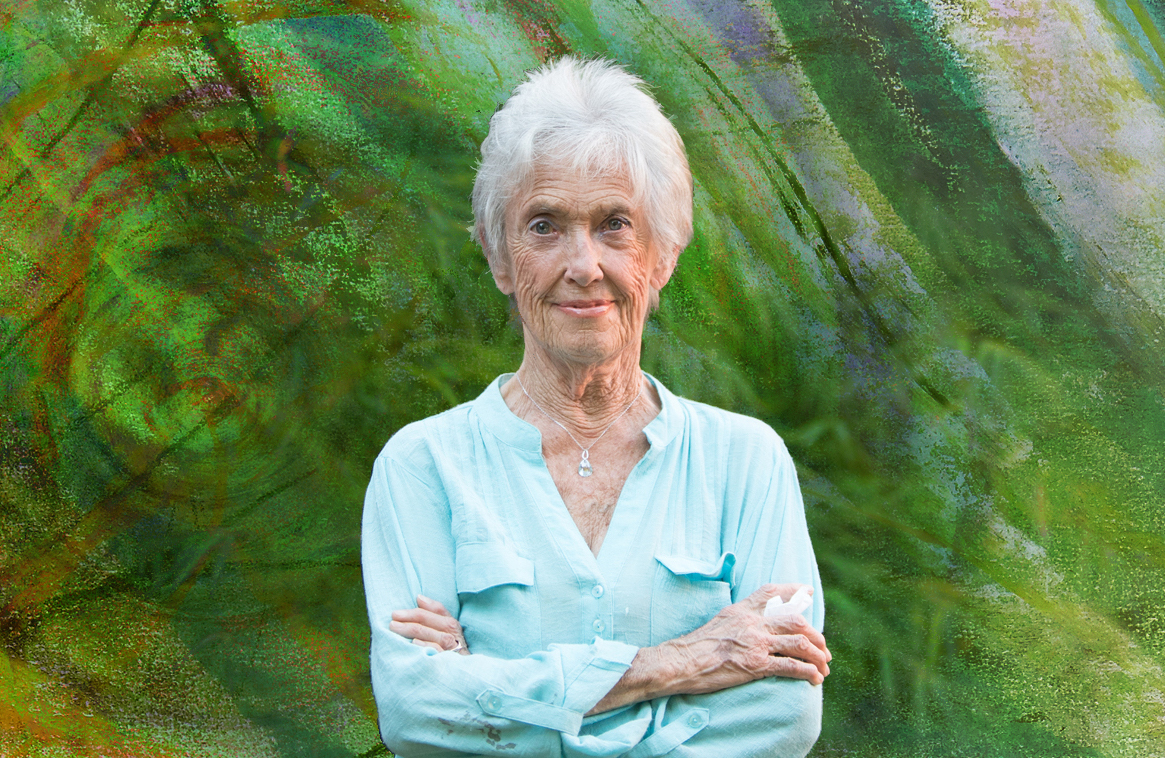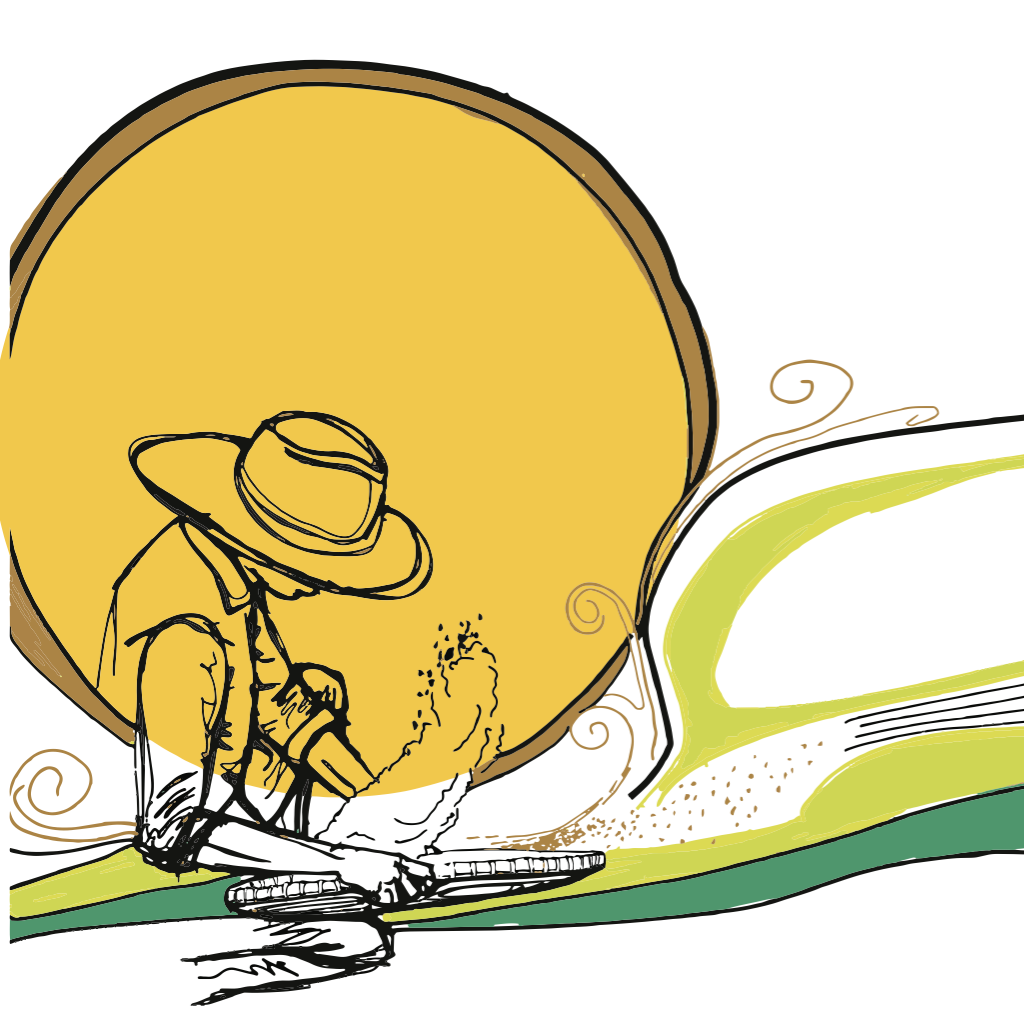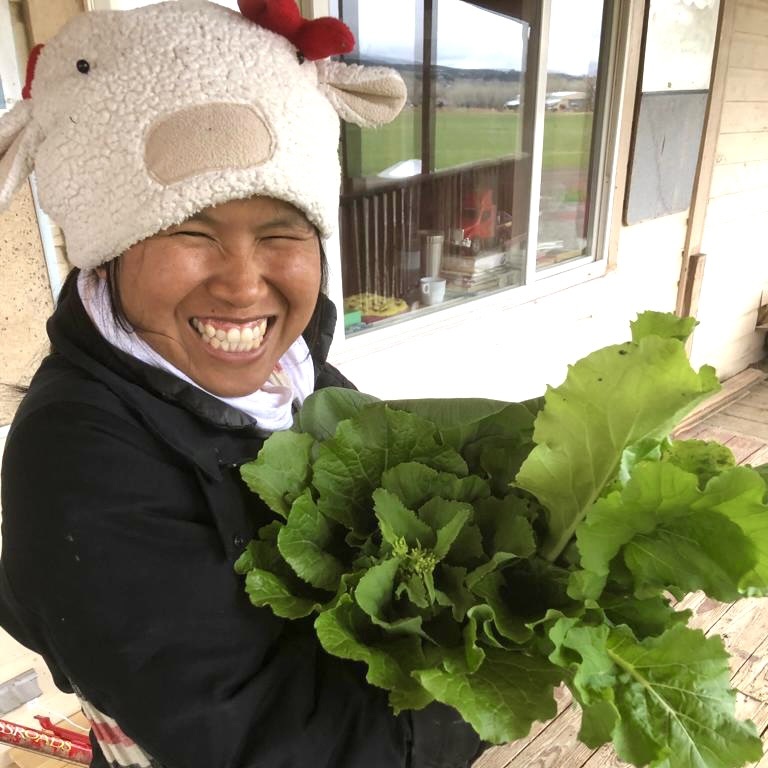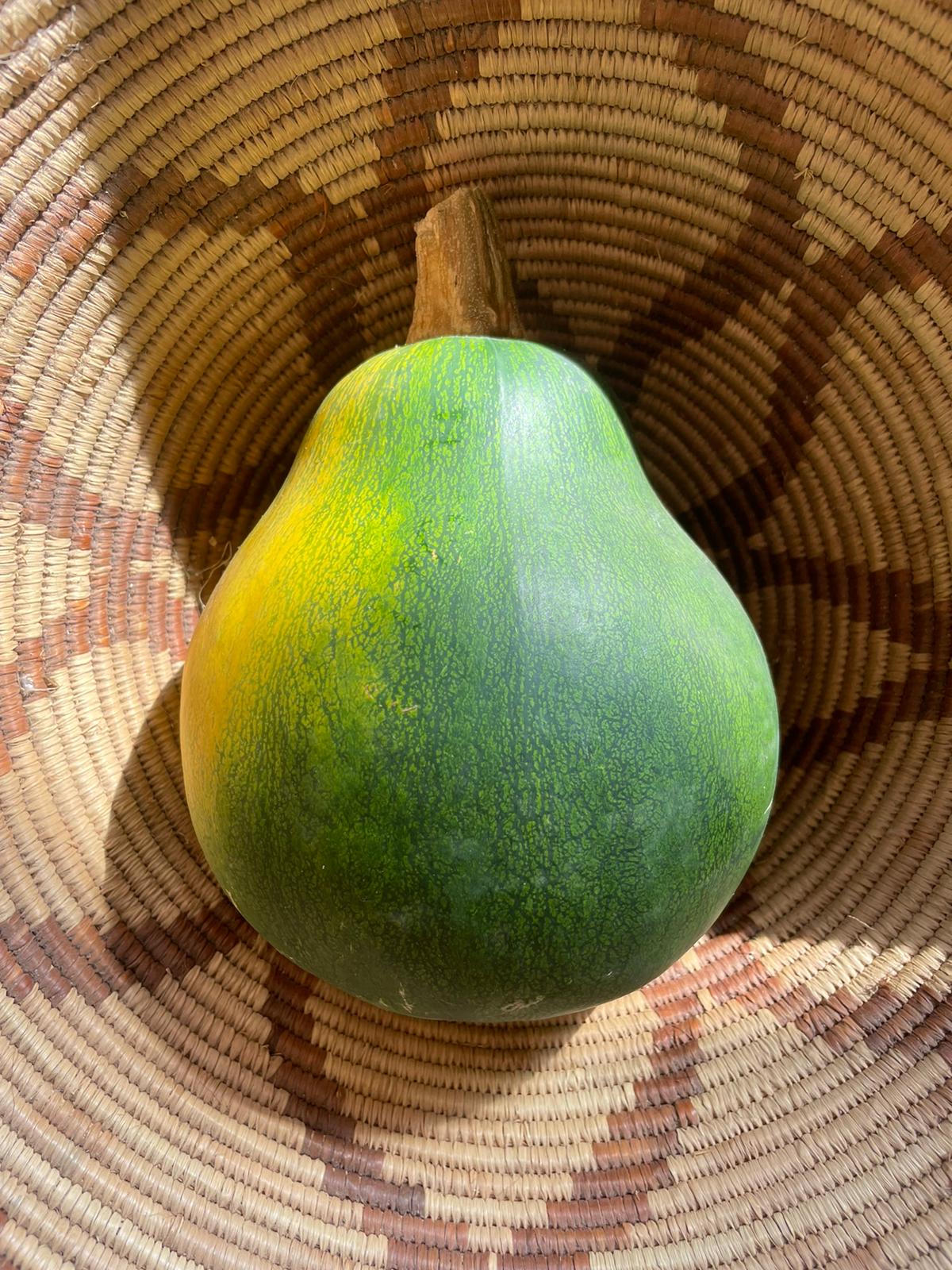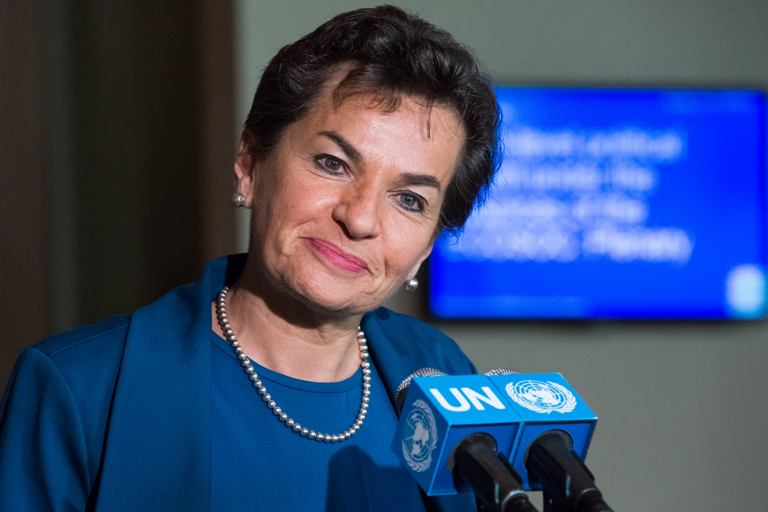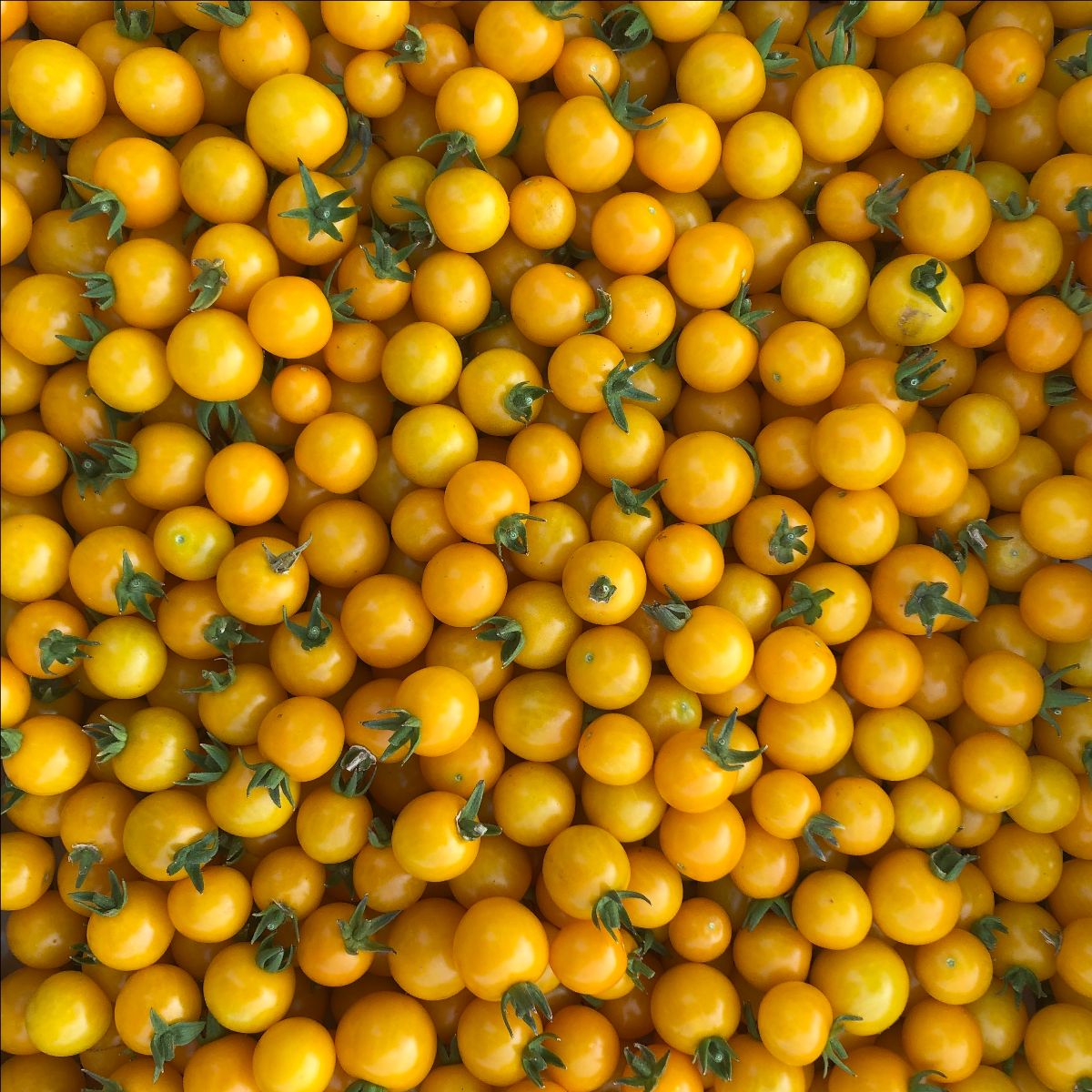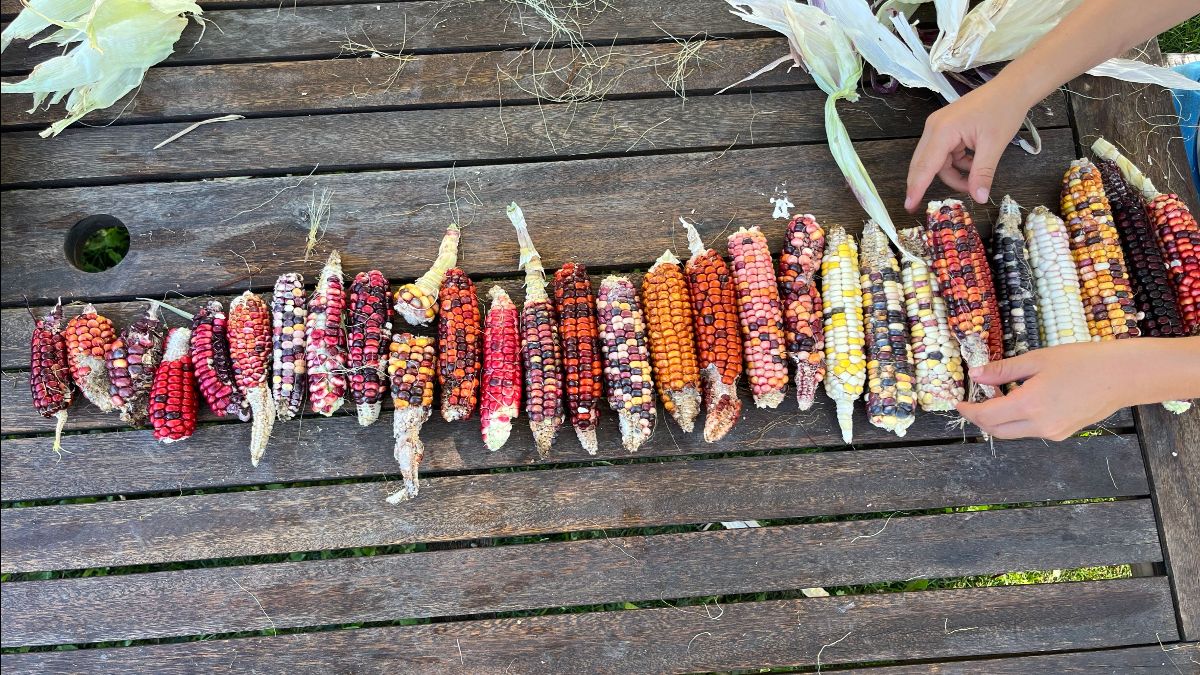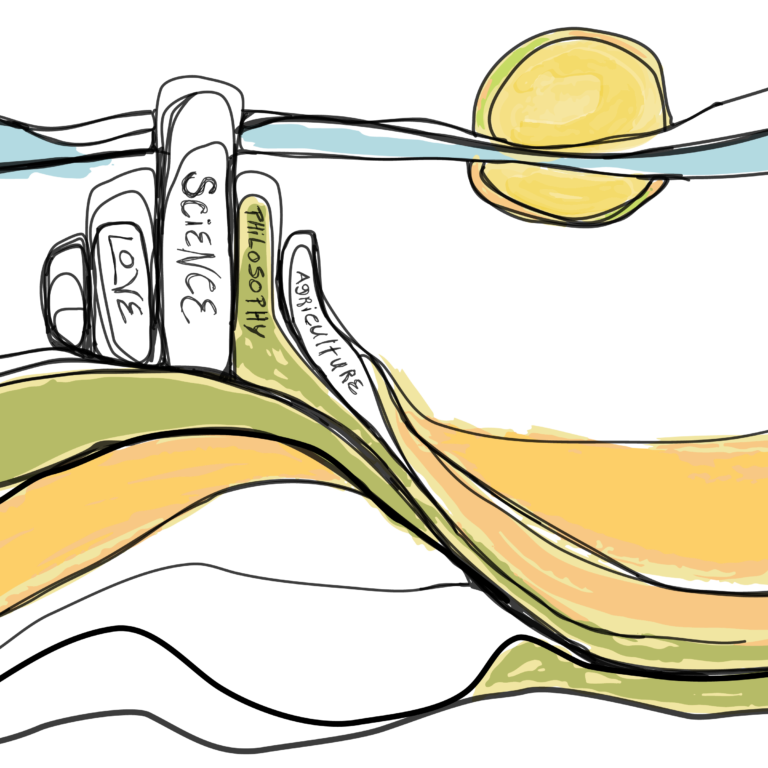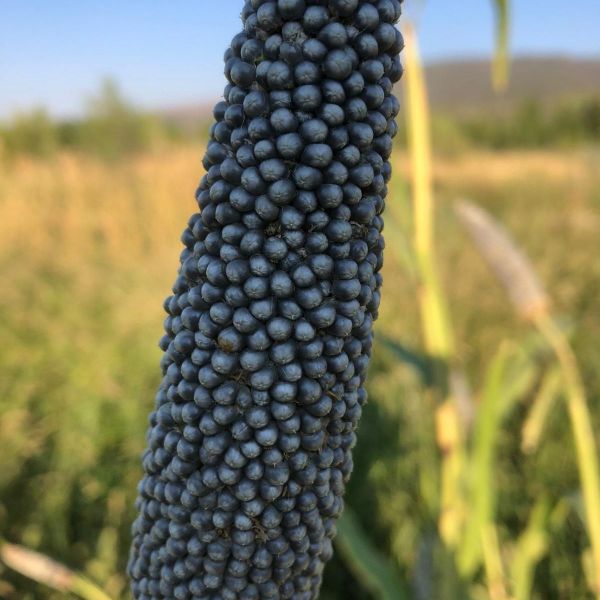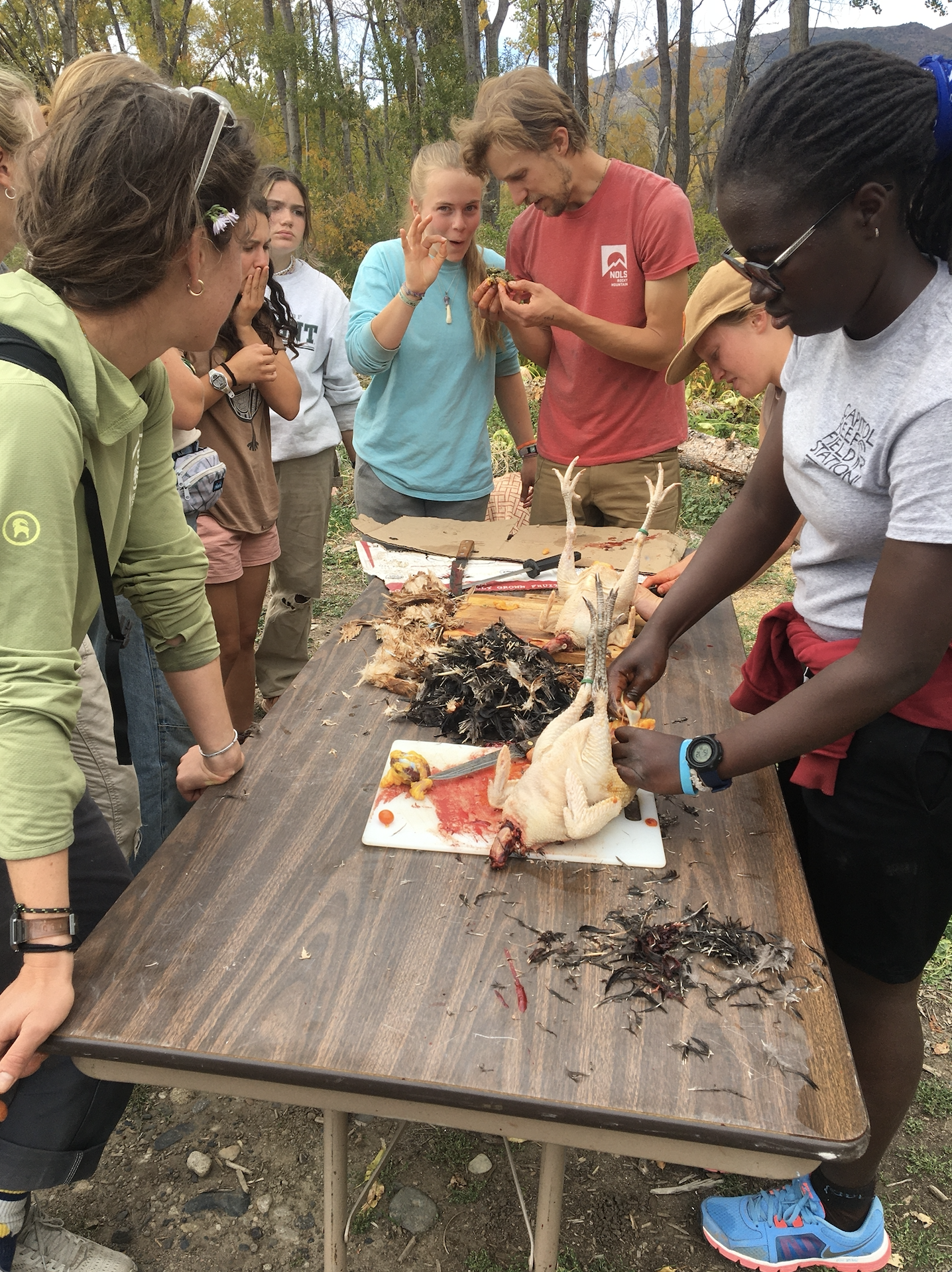Joanna Macy’s Wild Love For The World
Listen Now In several conversations recently, this interview has come up as a foundational piece of inspiration for activists, educators,. So this month, we’re featuring Joanna Macy’s first appearance on the On Being podcast: “A Wild Love For The World“. Joanna Macy has lived a varied life: she is a translator of the poet Rainer Maria Rilke, worked for the CIA and the Peace Corps, worked alongside the Dalai Lama when he was first exiled to India, and was a foundational force for the environmental […]
